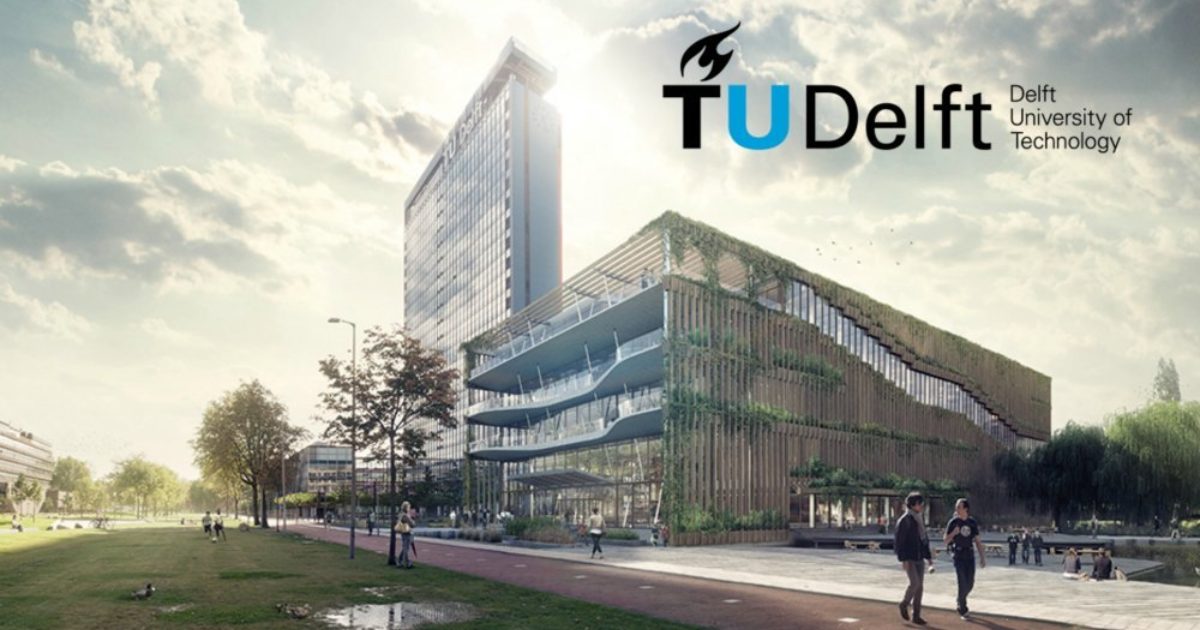Grossi Highlights Engineer Importance at TU Delft Visit
“All of our research at the TU Delft Reactor Institute is part of our mission as TU Delft: to create impact for a better, more sustainable society. To continue that mission, we need engineers educated at the highest level of technological expertise.” This is what Tim van der Hagen, rector magnificus TU Delft said in his speech to an audience of nuclear specialists including interested students of the TU Delft.
Inspiration in Delft
Grossi calls on TU Delft because with its TU Delft Reactor Institute and broad nuclear knowledge in health, energy and materials, it is a major nuclear center of excellence in the Netherlands. He wants to inspire students to work in the nuclear industry and emphasizes “ These are exciting times, there are many possibilities with an environmental friendly energy matrix. “
Questions of students to Rafael Grossi varied from the public perception on nuclear energy up to more personal questions such as what is takes in terms of character and experience to work at the IAEA.
Inclusion and diversity
Annemiek van Bolhuis, chair of the board Authority for Nuclear Safety and Radiation Protection (ANVS) emphasized: “The nuclear and radiation industry can only thrive when there is a strong basis of inclusion and diversity. We need broad representation, which is why I think it is so important to motivate students with all kinds of backgrounds to come work in the nuclear sector. In our pursuit of a more inclusive and diverse workforce, I am grateful that many enthusiastic students with all kinds of backgrounds joined us today for a panel with Director General Rafael Mariano Grossi. We need to foster an environment where talent knows no boundaries, and where every individual is empowered to contribute their unique skills and perspectives. Only in that way can we create a workforce that is truly ready for the future.”
Tour at the research reactor
DG Grossi and his IAEA colleagues and ANVS were invited to visit the TU Delft Research Institute where they visited the research reactor and the specially developed instruments. Paulien Herder, dean of the Faculty of Applied Sciences, Jan Leen Kloosterman, Chair Radiation Science & Technology, and Jeroen Plomp, head of the instruments showed the improvements that have been made to the reactor in the so called Oyster programme (short for Optimized Yield – for Science, Technology & Education – of Radiation). Soon the instruments will be showing the first results with the new cold neutron source.

